We understand electricity, energy and reading electricity bills can be confusing and sometimes challenging to understand. We have put together some saving tips and information to help you better understand where you use electricity in the home and office, how to read our bills and what to look for when buying appliances.
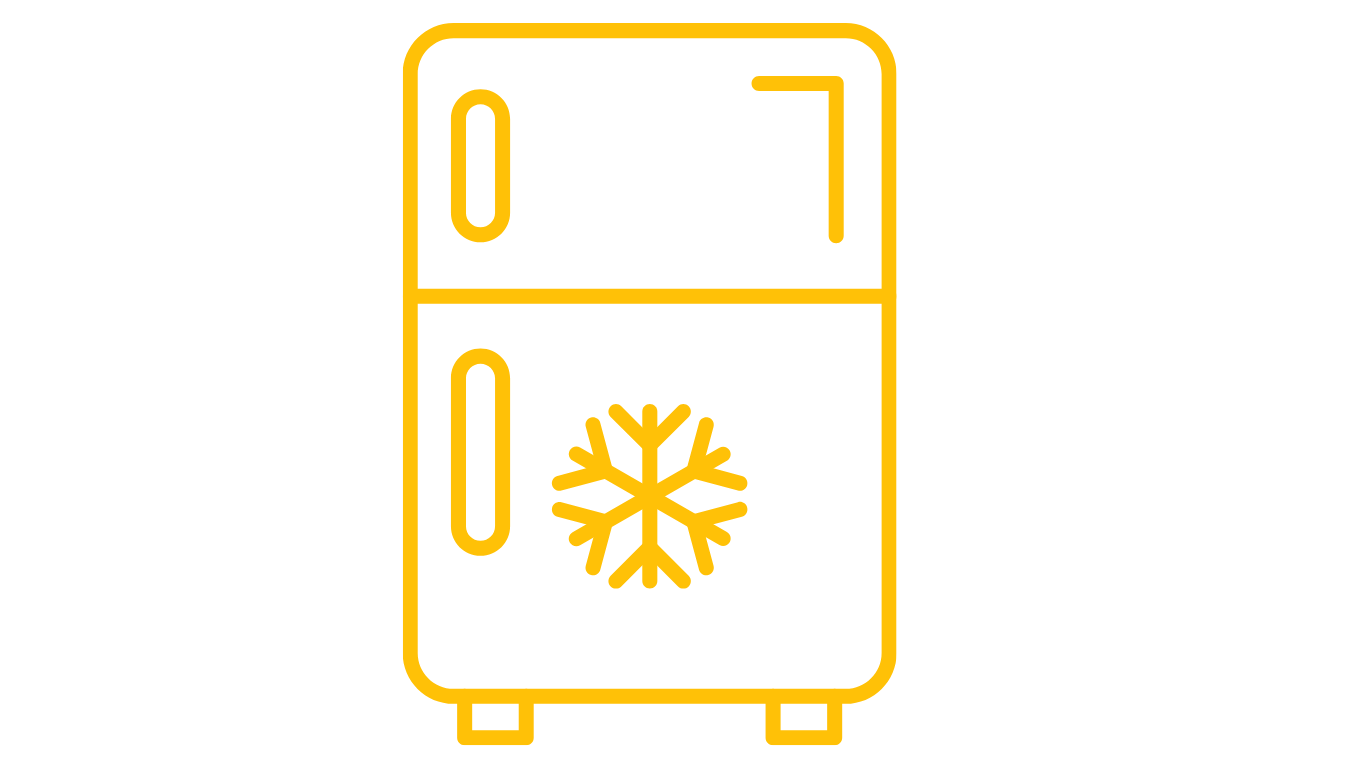
Before buying a fridge or freezer you should first decide on what size and features you need. If you are living by yourself, a small single door fridge may be sufficient for your needs, whereas a family of five may need a much larger fridge.
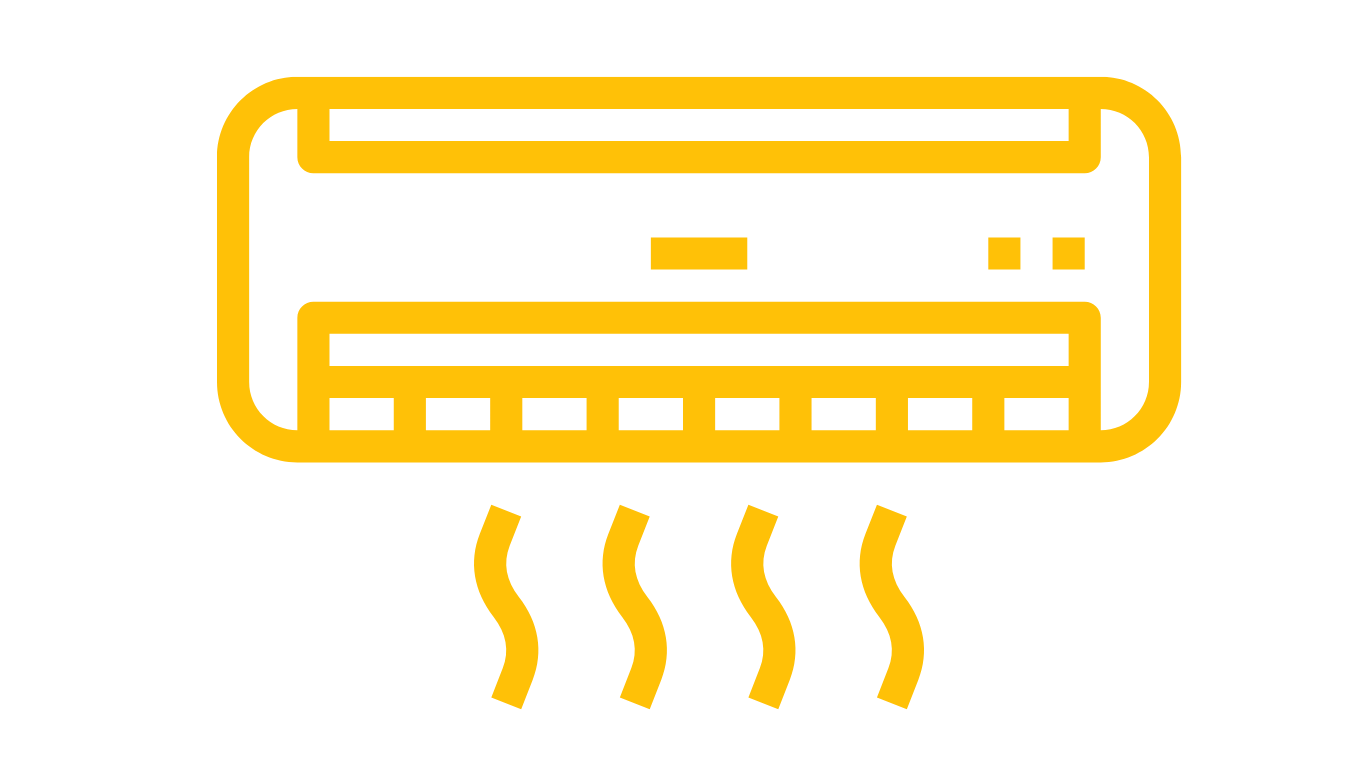
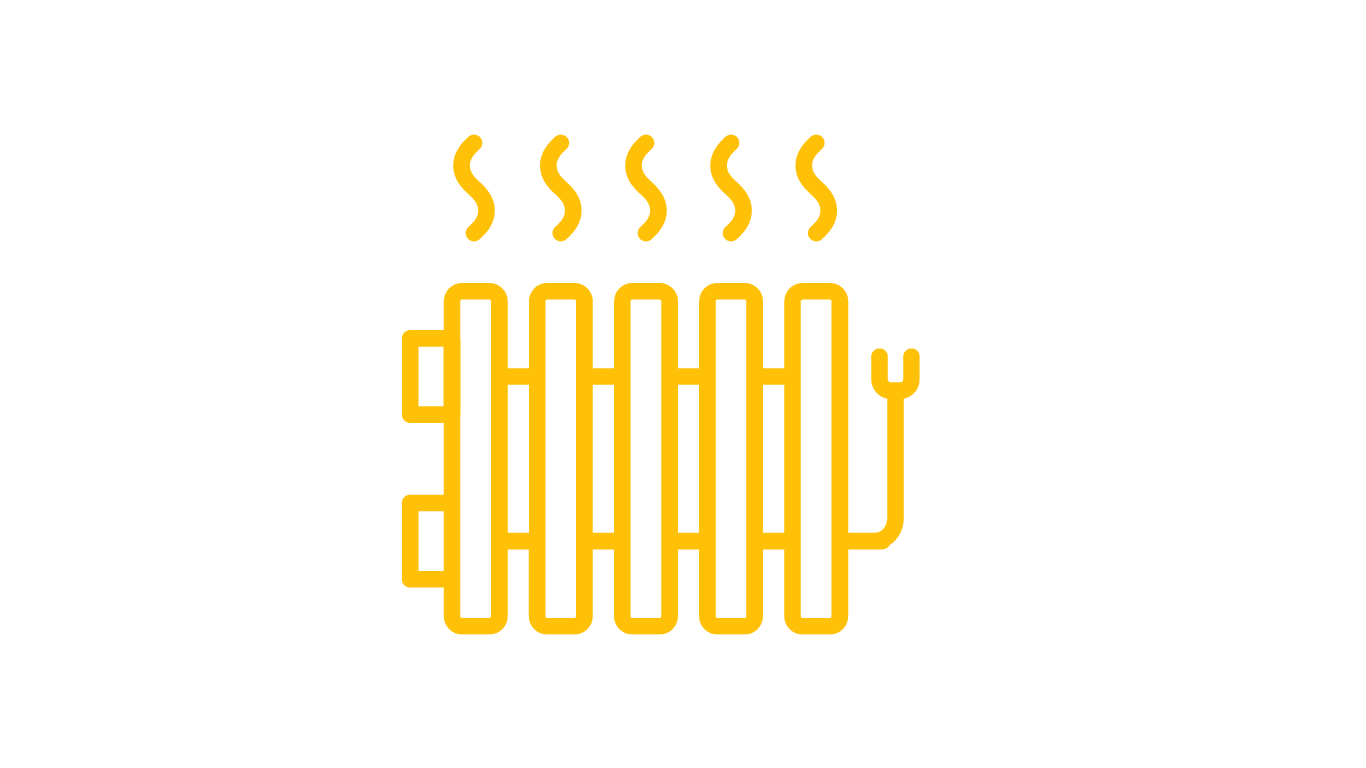
Heating systems can account for as much as 50% of energy use in an office space or building. Choosing the right size heating system for your room size and needs can reduce the amount of energy you use.
Check the fridge door seals are in good condition and there are no leaks. You may need to have them replaced.
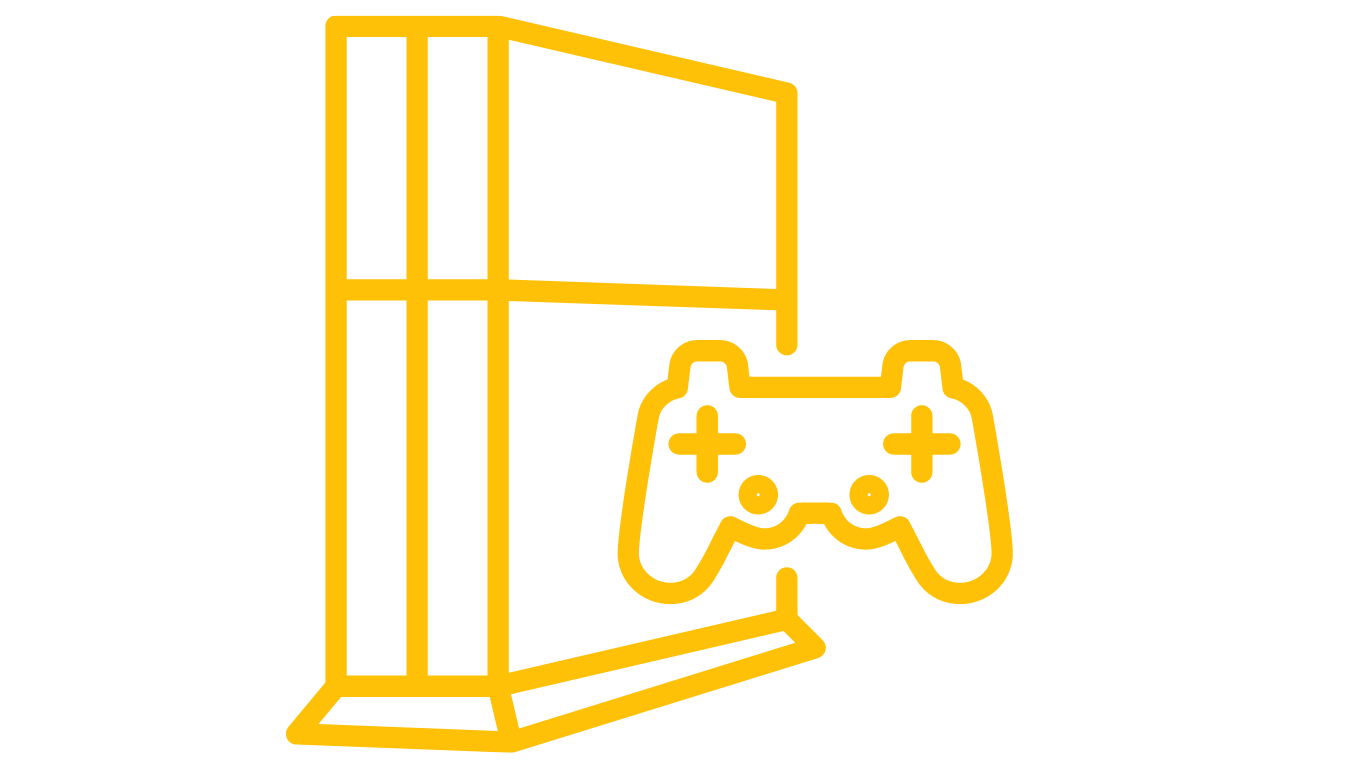
Devices are used all over the home and are usually forgotten when it comes to reducing energy in the home or office. They can account for up to 10% of your electricity bill. TV's, gaming consoles, laptops still use electricity even when they are turned off. This is known as phantom power.
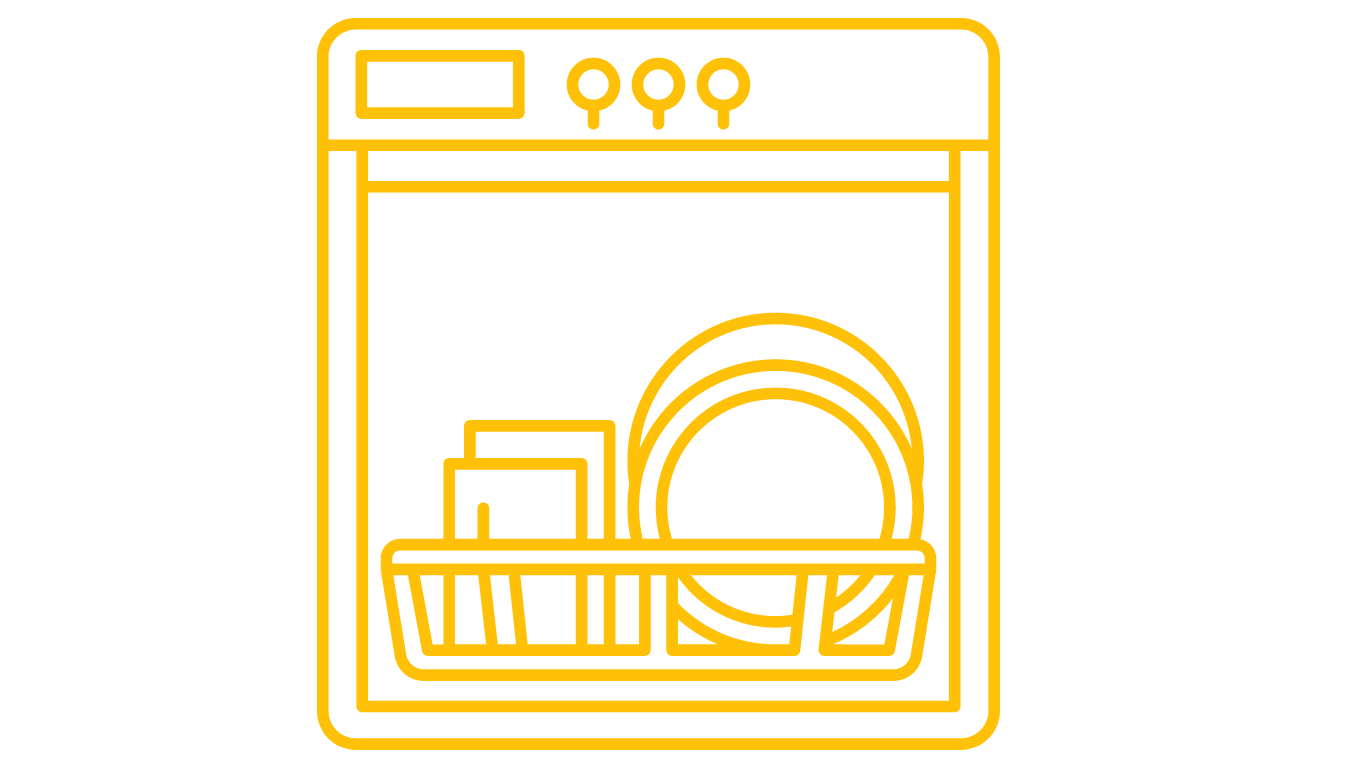
A dishwasher can save more energy if it is connected to cold water only. The machine heats the water to 20°-50° degrees for the wash cycle and cold water is used for rinsing. A dishwasher consumes more energy if it is connected to hot water only as it will use hot water (about 60 degrees) for both washing and rinsing.

Halogen bulbs
Fluorescent lights
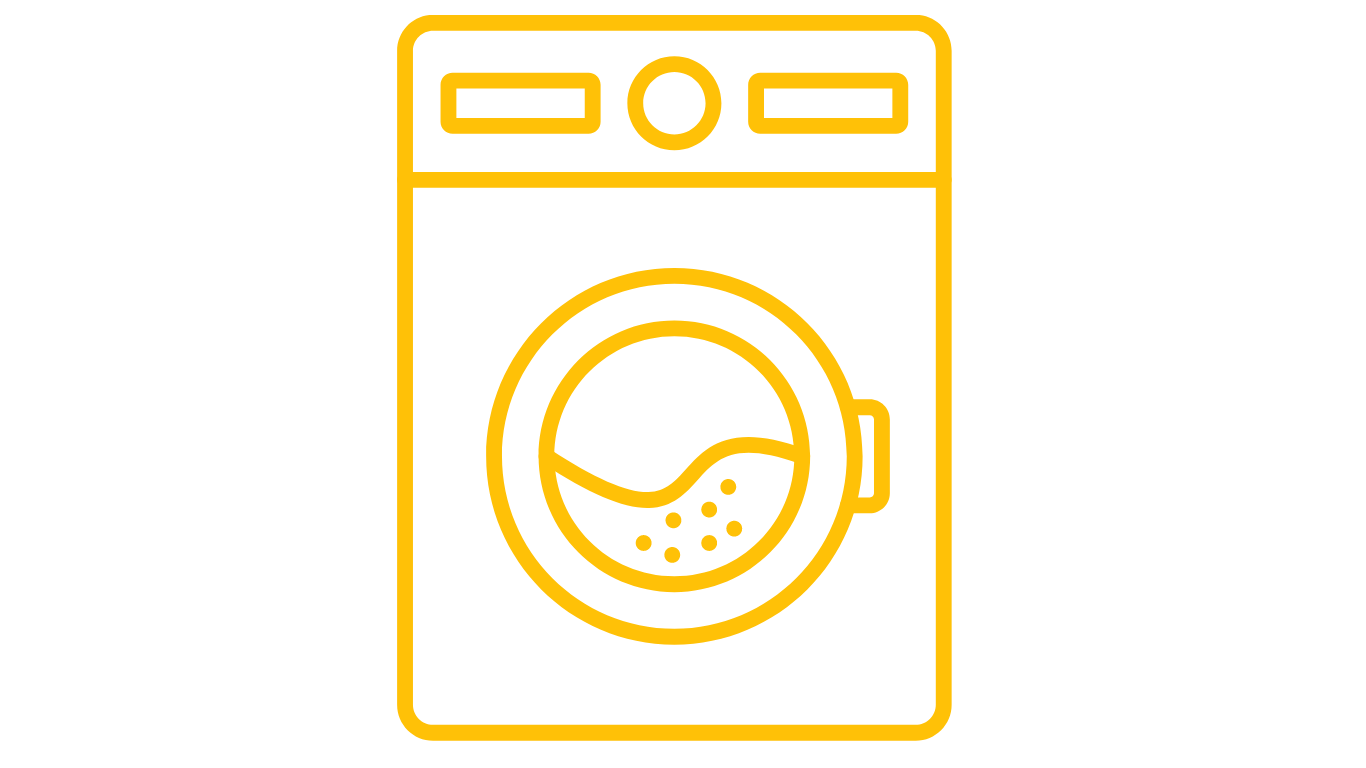
Washing machines have various energy and water-saving functions. Combination washer/dryer machines are also available. Front loaders are generally more expensive, but uses less energy, water and detergent. Top loaders are generally cheaper to buy and have shorter wash cycles, but can be harsher on clothes. When buying a washing machine look for capacity, water used per cycle, energy consumption and cycle time.
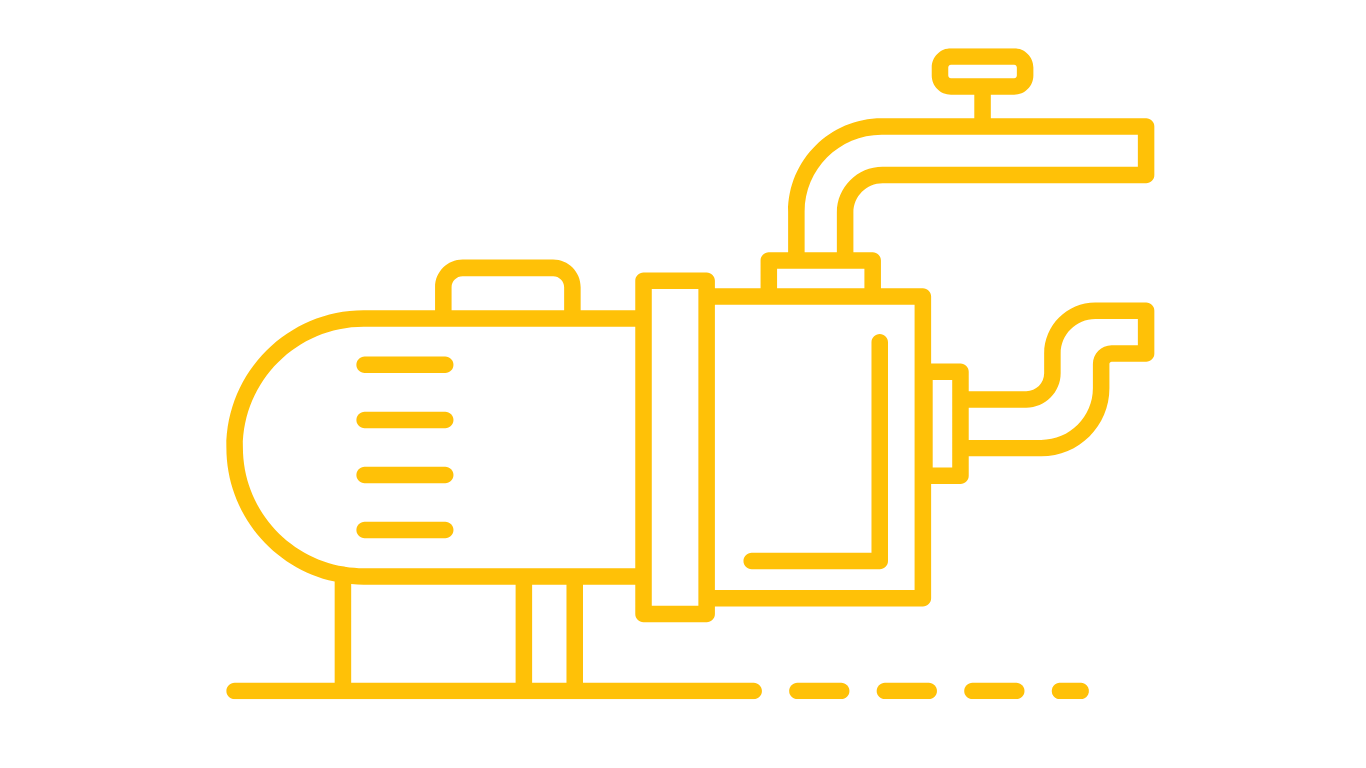
Running a pool can be expensive, applying these simple steps can help reduce your electricity usage.
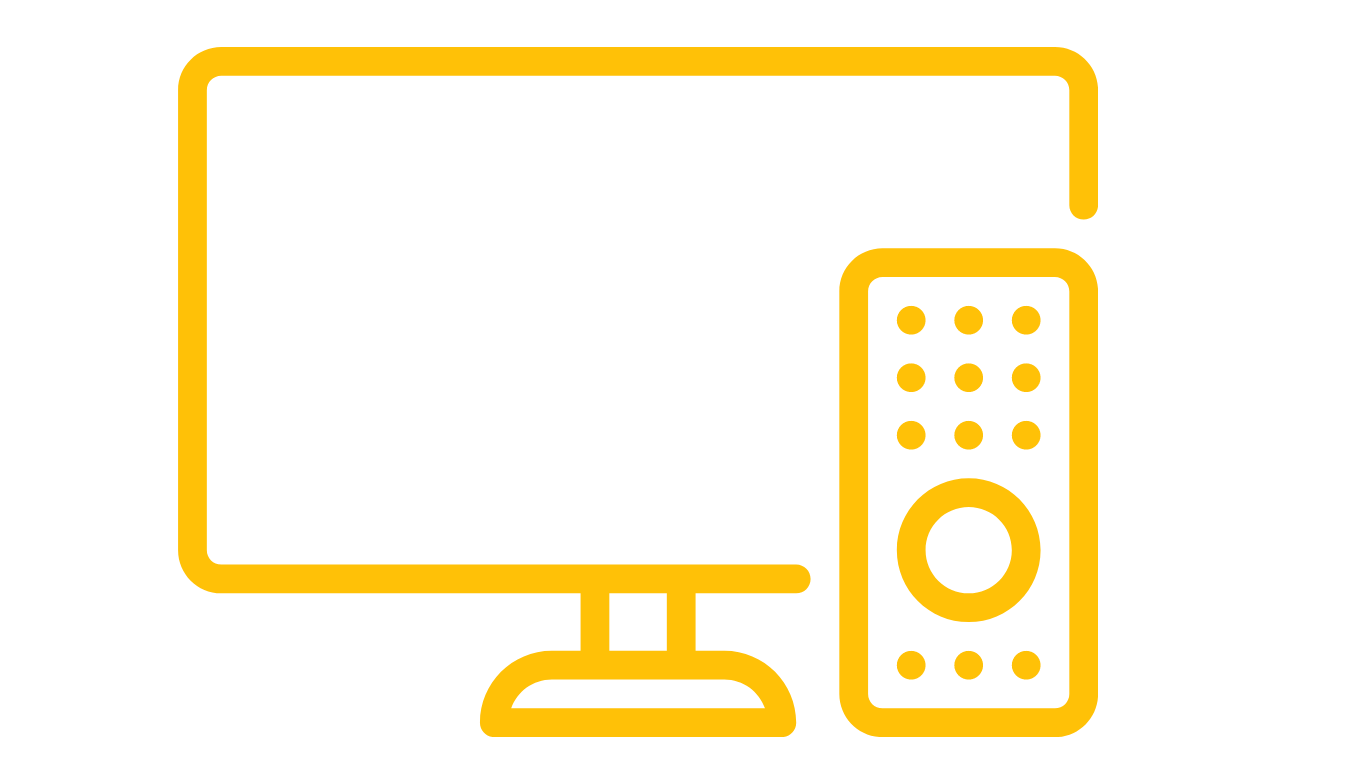
Saving energy can make a real difference to your business. Reducing energy will lower electricity bills whilst helping to save the environment at the same time.
Air fryers are a popular appliance for those looking to cook healthier meals and snacks at home. Not only do they use less oil they can also help you save energy in the kitchen
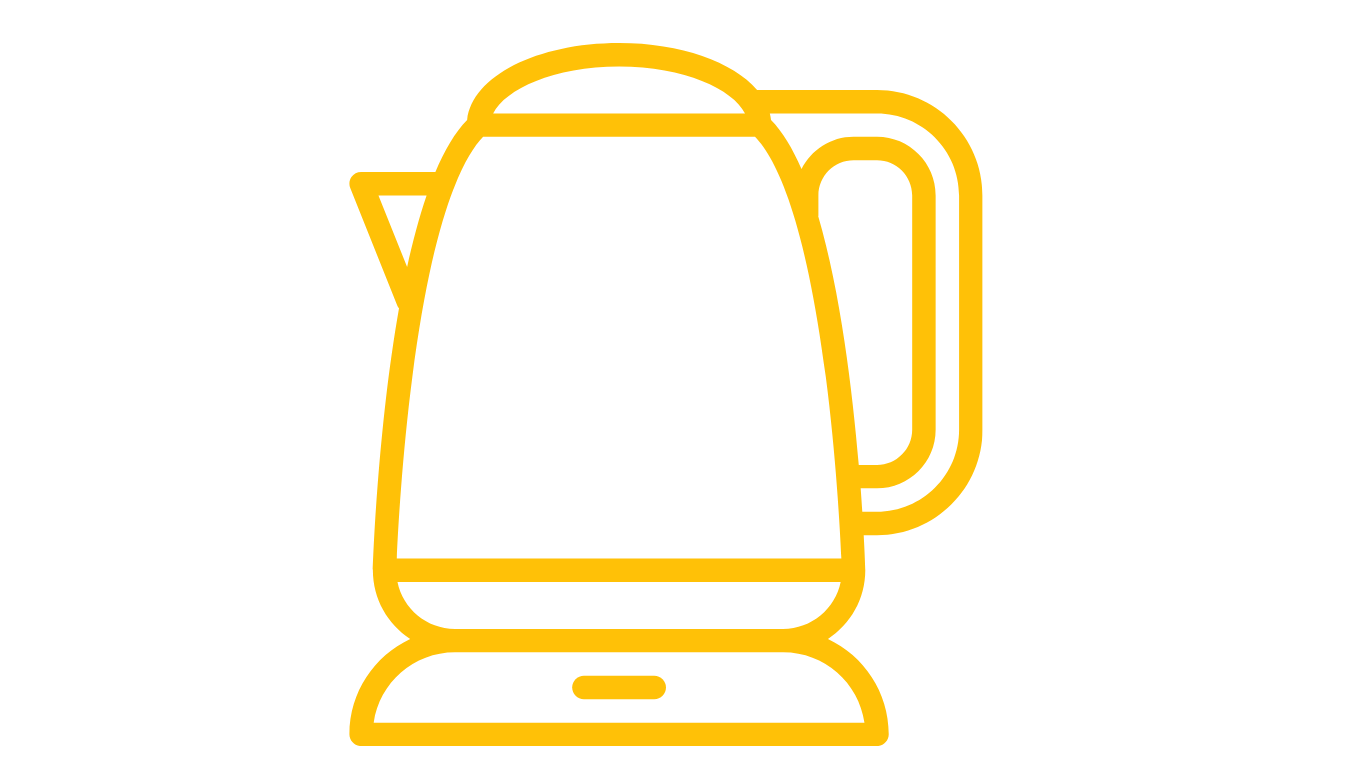
Boiling your kettle several times a day can add up to a surprising amount of energy. To minimise energy usage here are some helpful tips to consider..
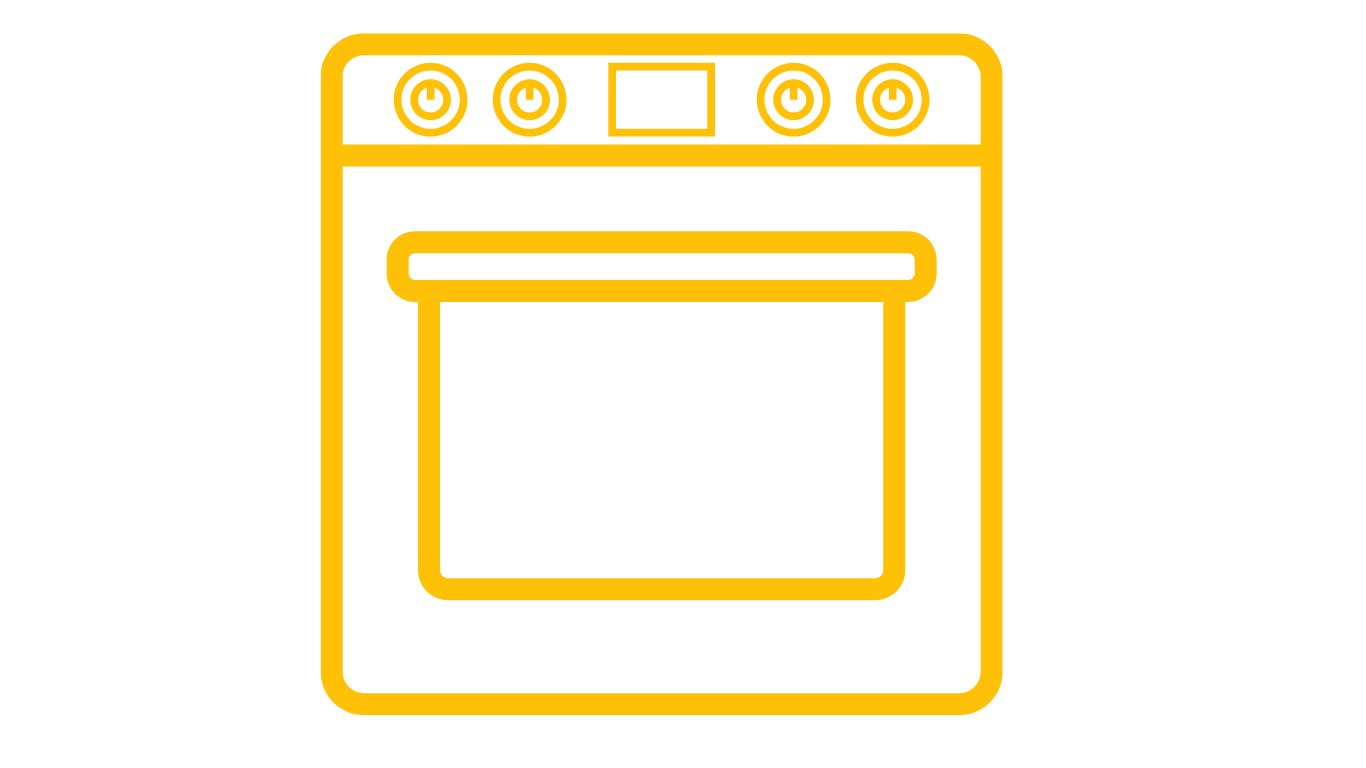
When it comes to the amount of energy used in homes, the kitchen frequently takes centre stage. Ovens use a lot of energy when compared to other appliances. Whether your a baker on the side or a passionate cook, increasing oven efficiency may result in significant energy savings and positive environmental effects
Hot water systems are one of the biggest energy users in the home ranging from 15% to 30% of the bill. Often hot water systems overheat water and in doing so costs you money.
Energy consumption is how much electricity a model uses each year, in kilowatt hours (kWh).
It's based on standardised testing – required by law and conducted in line with the official Australian and New Zealand Standards.
These tests are based on how most people use their appliance, but you may use your appliance differently. This means the actual amount of energy your appliance uses may be different to the label.
An assumption of how often a product is used is included on the Energy Rating Label. For example, the number of washes per week for clothes washers, or daily viewing hours for televisions.
You can use the energy consumption number to compare any model – no matter their size or features.
TIP: Choosing an appliance with a lower energy consumption will save on your electricity bill.
Before buying a fridge or freezer you should first decide on what size and features you need. If you are living by yourself, a small single door fridge may be sufficient for your needs, whereas a family of five may need a much larger fridge.
With the energy consumption number, you can work out the estimated running cost of the appliance by using the following formula.
Annual running cost = Total energy consumption (kWh) × Electricity tariff (dollars per kWh)
For example, if a fridge has an energy consumption of 458 kWh and your electricity tariff is $0.307 per kWh — then the estimated annual running cost is $140.61 (458 kWh x $0.307).
The star rating is about energy efficiency – that is, how much energy a product uses compared to similar products.
More stars means more efficient, when compared to other models of a similar size and features.
The more stars shown on the Energy Rating Label, the less energy the product will use and the more money you will save on your energy bills.
Most products are given between 1 and 6 stars. Technology keeps getting better as does energy efficiency! This is why nowadays you’ll see some super-efficient models in shops and online with an extra row for stars that go up to 10.
Tip - Choose the size and features you need first, then use the start rating to compare the product / appliance